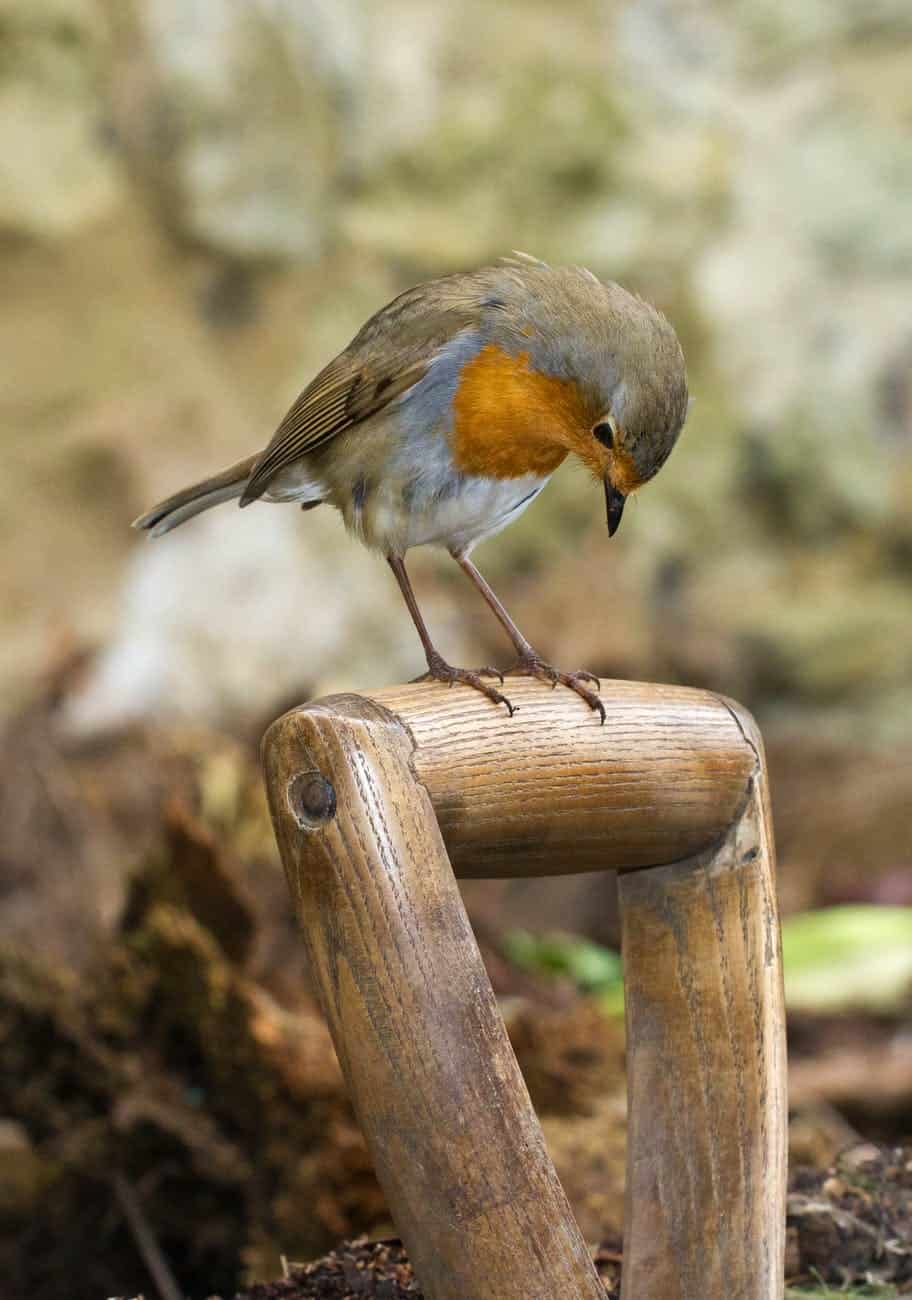Making your garden a safe haven for native birds largely depends on creating a garden that is, in and of itself, a good representation of their eco-system. Birds innately feel comfortable in lush vegetation that they can perch on: plants and berries that they can either feed off of or draw insects that they feed on, and an environment where they can rest, socialise, and feed while staying hidden and protected from predators, such as neighbourhood cats or foxes, or even, in particular areas, bold hawks.
Here are 4 useful tips to making your garden welcoming for regular native bird visits!
1. A Wild Garden
The first step you might want to take in order to make your garden a more friendly place to wild birds is to allow things to grow a bit more wild and natural.
Consider planting native trees, like hazel and silver maple, allowing weeds like dandelions to crop up at the outskirts of your lawn, or even cultivating patches of clover in addition to your grass.
Clover and dandelion are hotspots for pollen production, drawing bees, butterflies, and other pollinators to your garden in swarms – which, in addition to offering the local birds a tasty buffet of snacking options, also makes for a more healthy atmosphere by supporting your pollinator population.
In addition, consider allowing a fraction of your plants to go to seed, rather than pruning every single one: shaggy shrubs and seedy potted plants offer cover for ground nesters to hide their eggs, and ample food supply for small seed-eating birds, and also creates a more welcoming atmosphere to your avian houseguests.
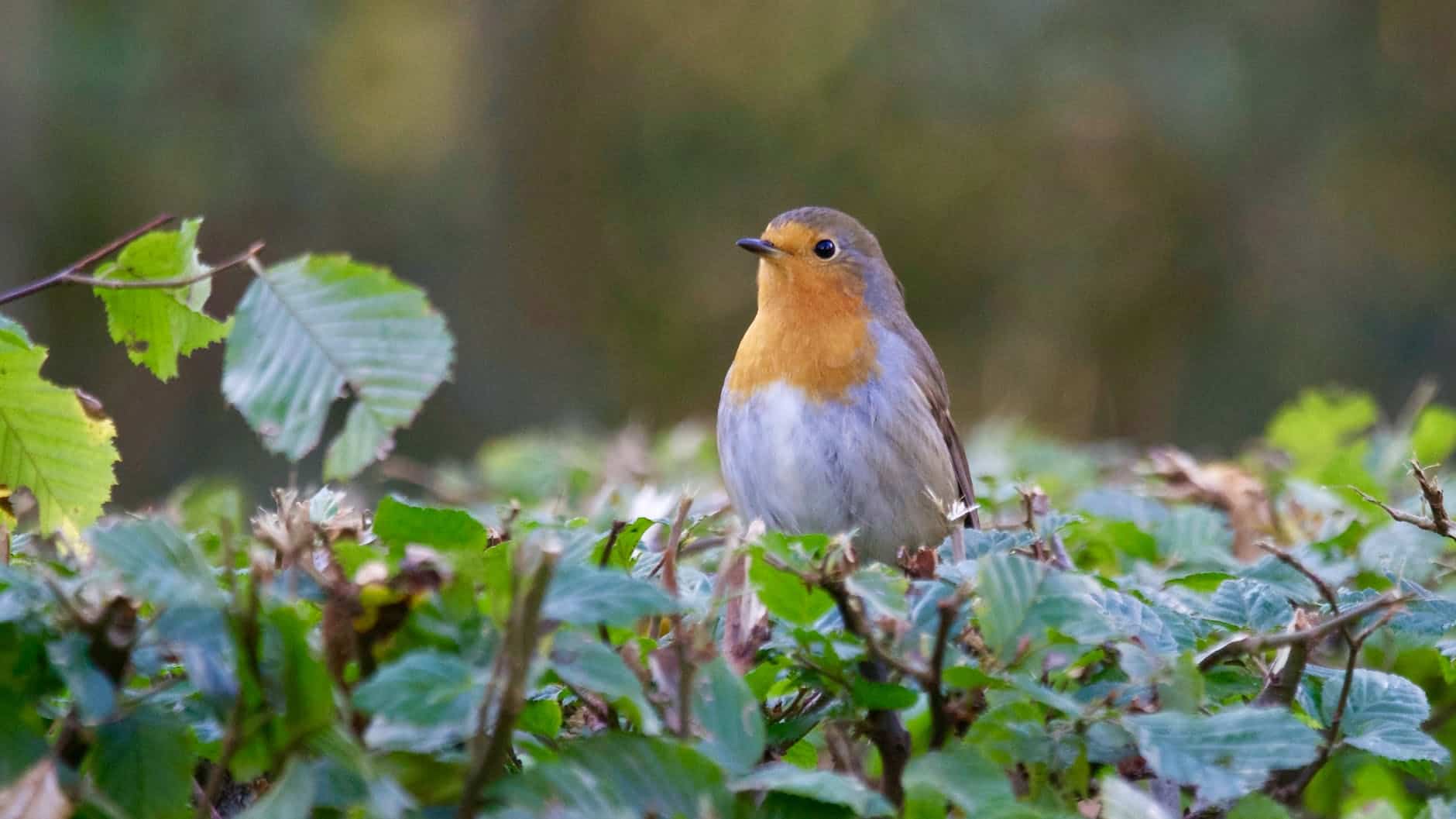
2. Try To Keep Cats Away
The next suggestion may seem obvious, but you would be surprised at how few yard-owners follow it: do not allow your cats to wander outside without supervision, and not for extended periods of time if possible. Many cat owners stress that their cats need to stretch their legs and exercise their instincts to wander and hunt, but cats have been the cause of far too many population depletions among native birds in particular, alongside small rodents, hedgehogs, and sensitive amphibians.
The problem with free-roaming cats is that they do not simply hunt to satiate hunger, but hunt small animals to excess, killing as much as ten times more than their native wildcat cousins. While it might be a given, keep your cats contained throughout the day, and only allow them to go into the yard observed or, even better, leashed and harnessed. It may take some getting used to, but the native birds in your yard will sing your praises for it.
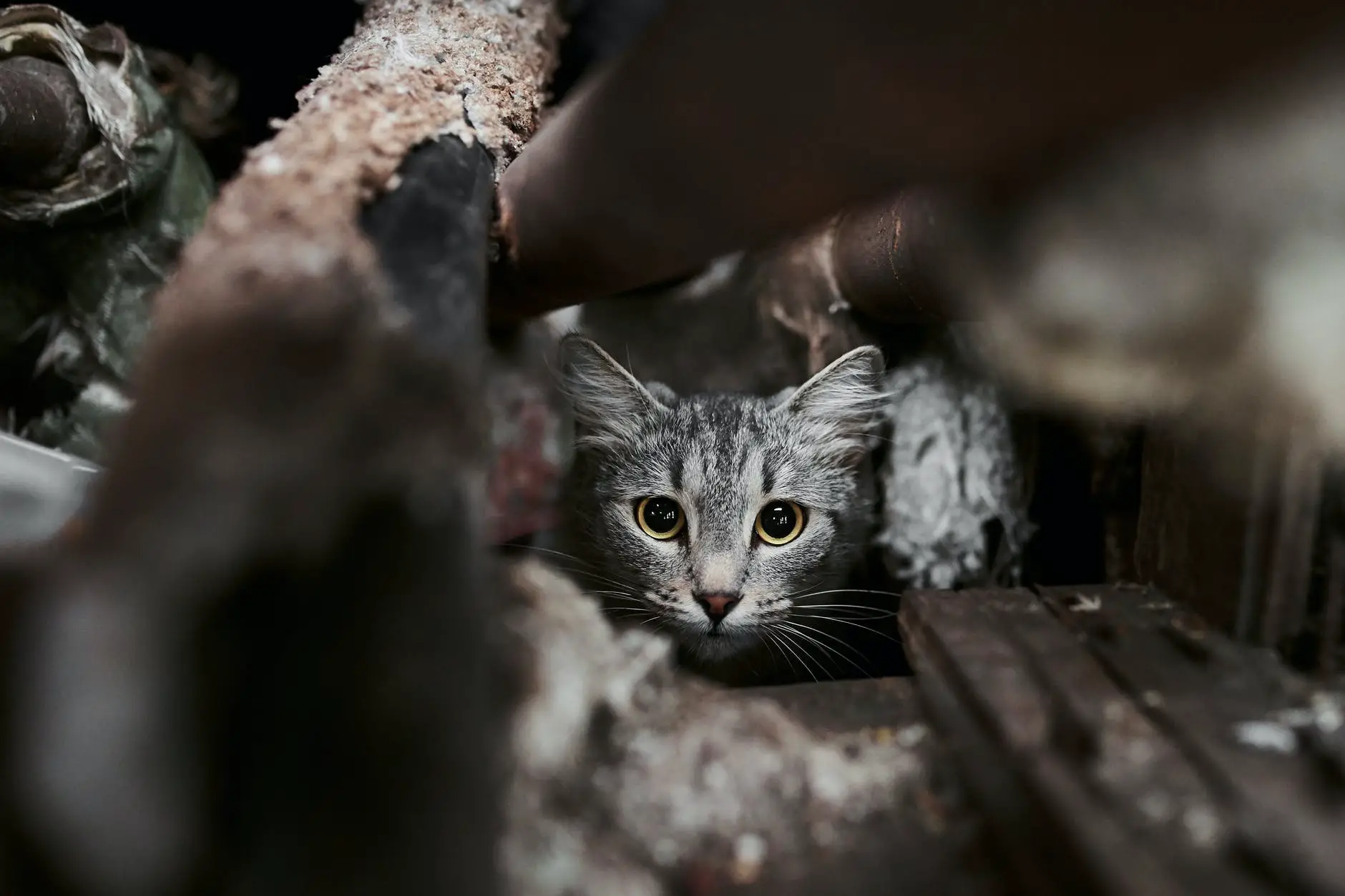
3. Birdfeeders
Another tip that might seem simple at first, but upon further reflection has much more nuance to it, is to install birdfeeders in your garden.
Birdfeeders are subject to much division in the community of bird fans, with some suggesting that feeding wild bird radically changes their behaviours, such as, in some recorded cases, causing them to lay their eggs earlier in the year and have reduced fledgling survival rates due to that factor. However, this is only a major concern with species that are threatened or even endangered. Because of this, the best approach is to research the common birds in your community, making sure to find out which are at risk and which are most common, and what their natural diets are.
Most experts agree that the best form of birdfeeder to have in your yard is natural vegetation that offers fruits, vegetables, and seeds that native birds can benefit from, but birdfeeders are not necessarily harmful, so long as you approach them correctly. Remember that you are essentially taking on a responsibility to the birds that you are feeding, and remember to stock the feeder with nuts and seeds that are appropriate for the birds you’d like to attract, and to clean the feeder weekly to avoid a build-up of potentially harmful bacteria that birds may pick up from one another.
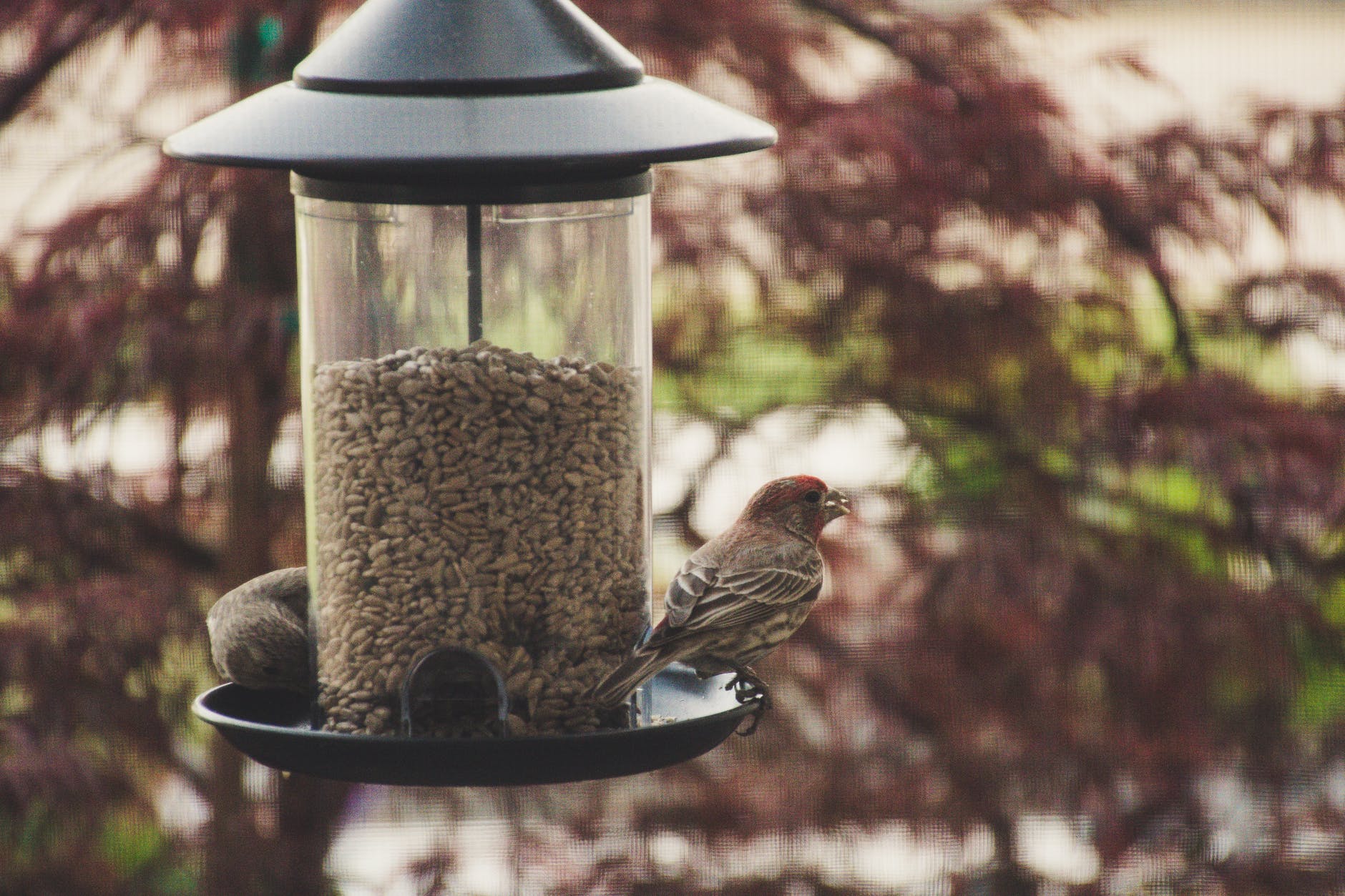
While some birds can be hand-fed, these are rare and far in between, so it is best to err on the side of caution and avoid hand-feeding birds altogether in favour of leaving seeds out for them to pick up on their own. This discourages unhealthy associations with humans and food, and keeps you safer from needling birds.
4. Birdbath
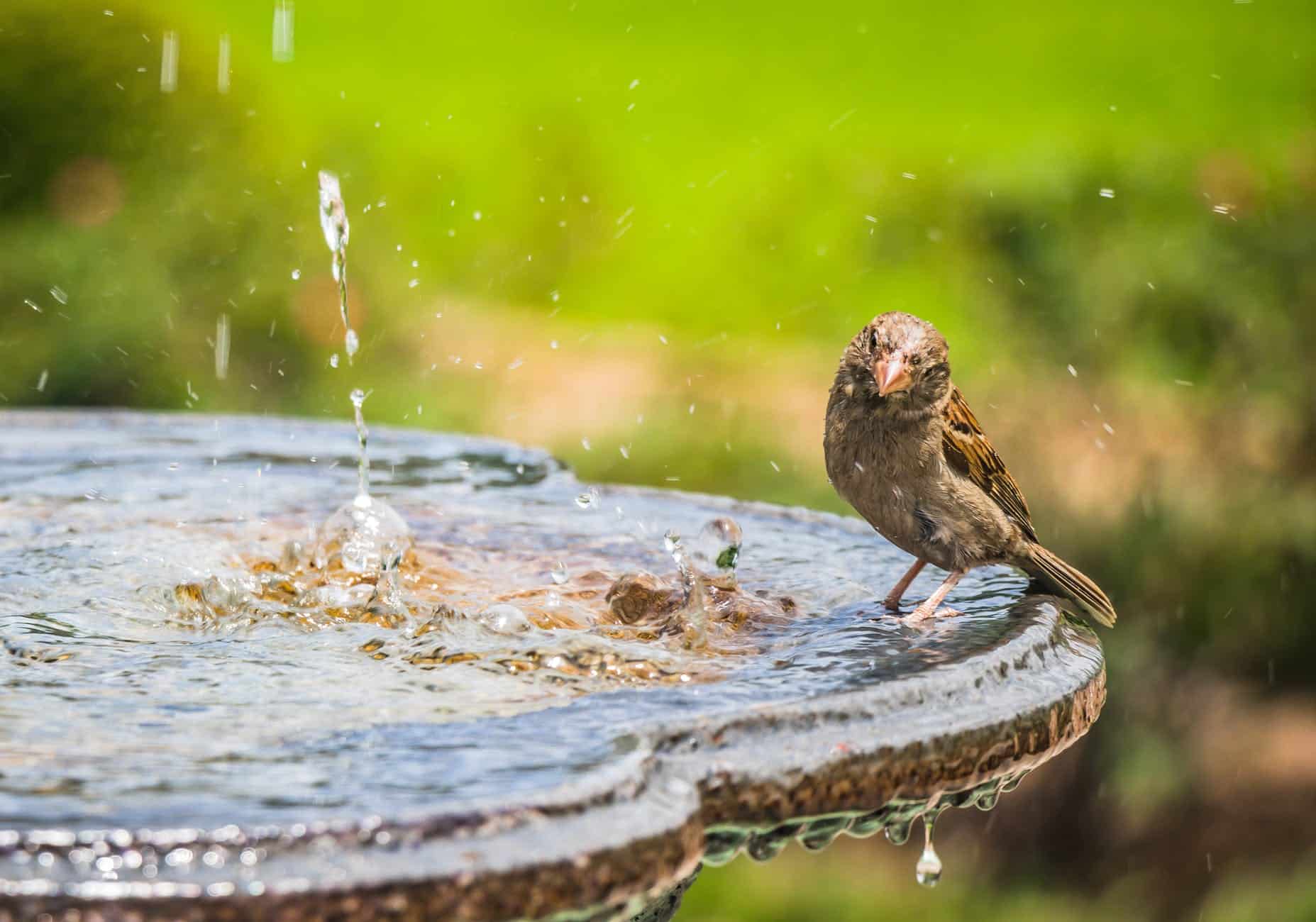
Another simple and elegant addition you can add, alongside or instead of birdfeeders, is a deposit of water where birds can drink and bathe at their leisure. Look around in your garden, and try to find a shaded area where birds can rest and relax without being exposed to ground or air predators – this location, or the nearest to you can find, is the best place to install a birdbath. While birdbaths can get messy, and require as much regular maintenance as feeders, they don’t require nearly as much research.
All birds benefit from having a standing water source where they can drink, groom, and socialise, and it has the added benefits of allowing you to watch the local birds at their most comfortable.
Some birds, like robins and tits, can be quite territorial and pick fights around food and water sources as part of resource hoarding. Others, like magpies, crows, and jays, are much more social, and can be seen engaging in communal behaviour, if you allow them the space and privacy in your garden to practice this behaviour.
Conclusion
In short, all of the best ways to make your backyard more liveable for birds involves thinking about what native birds need out of a safe environment. Try to imagine your garden not only as yours, but as belonging to many animals, most of which you do not see, that may use it as a hub, a place to rest and eat, or even a place to start a family. Think about what they could need and be attracted to – plenty of grubs to eat, maybe, or a patch of native bushes that they can hide from predators in. Maybe they could use fresh water to drink, or a quiet, catless perch. Once you can understand what birds need, then you can start being hospitable to them the best you can.

